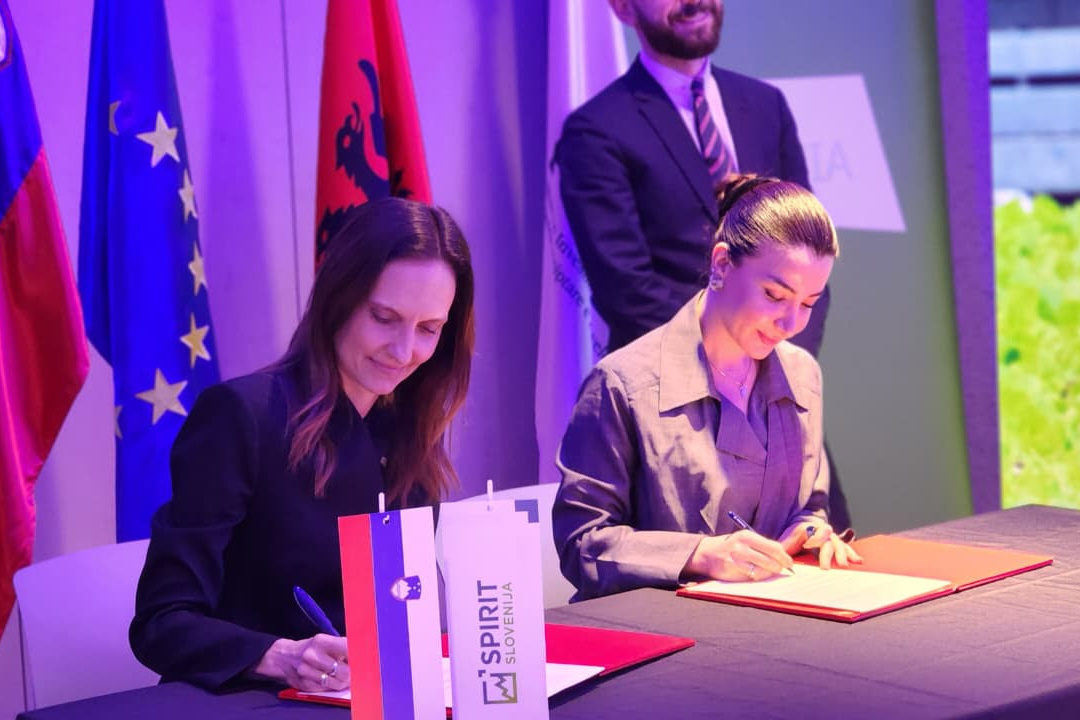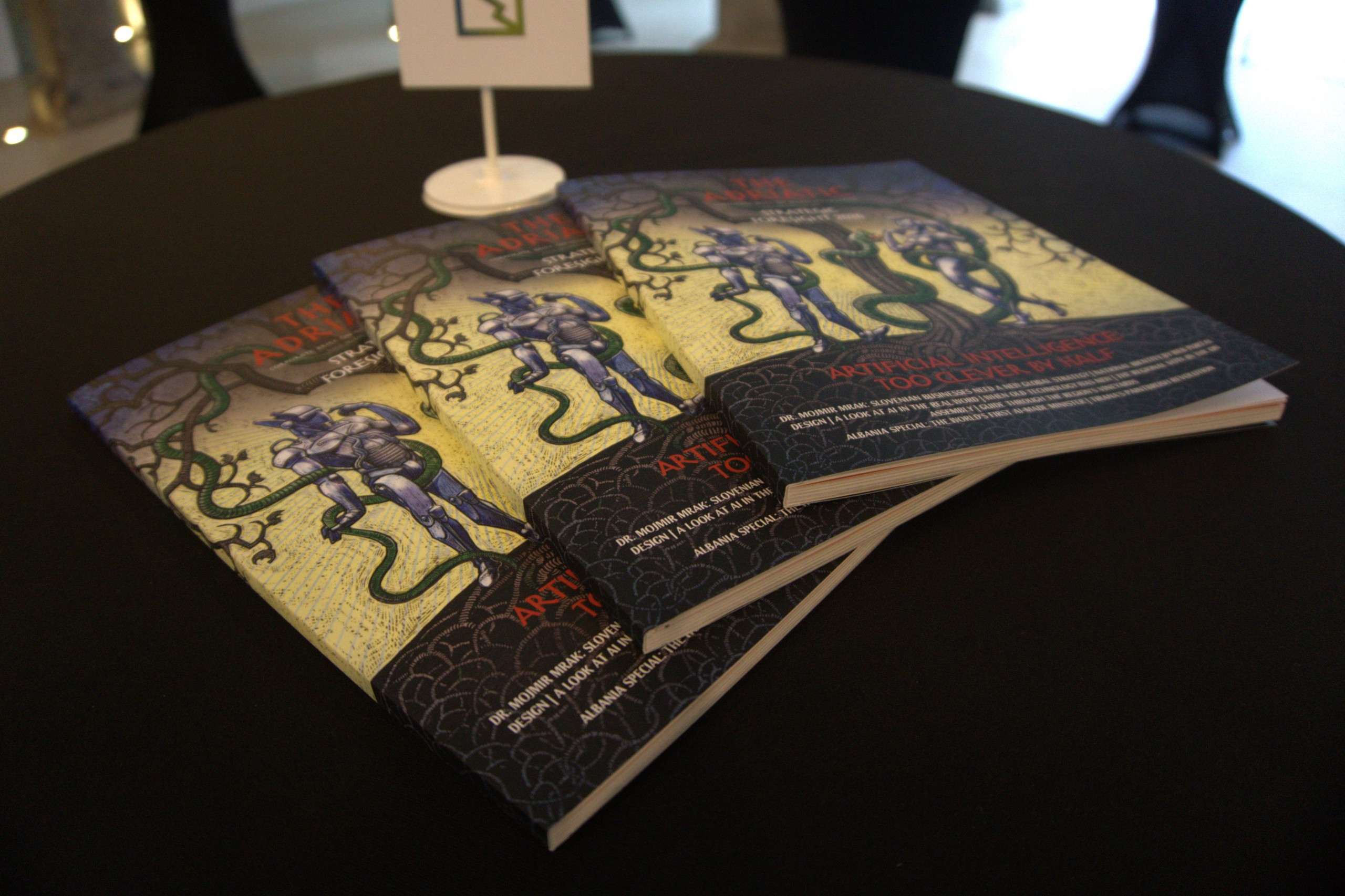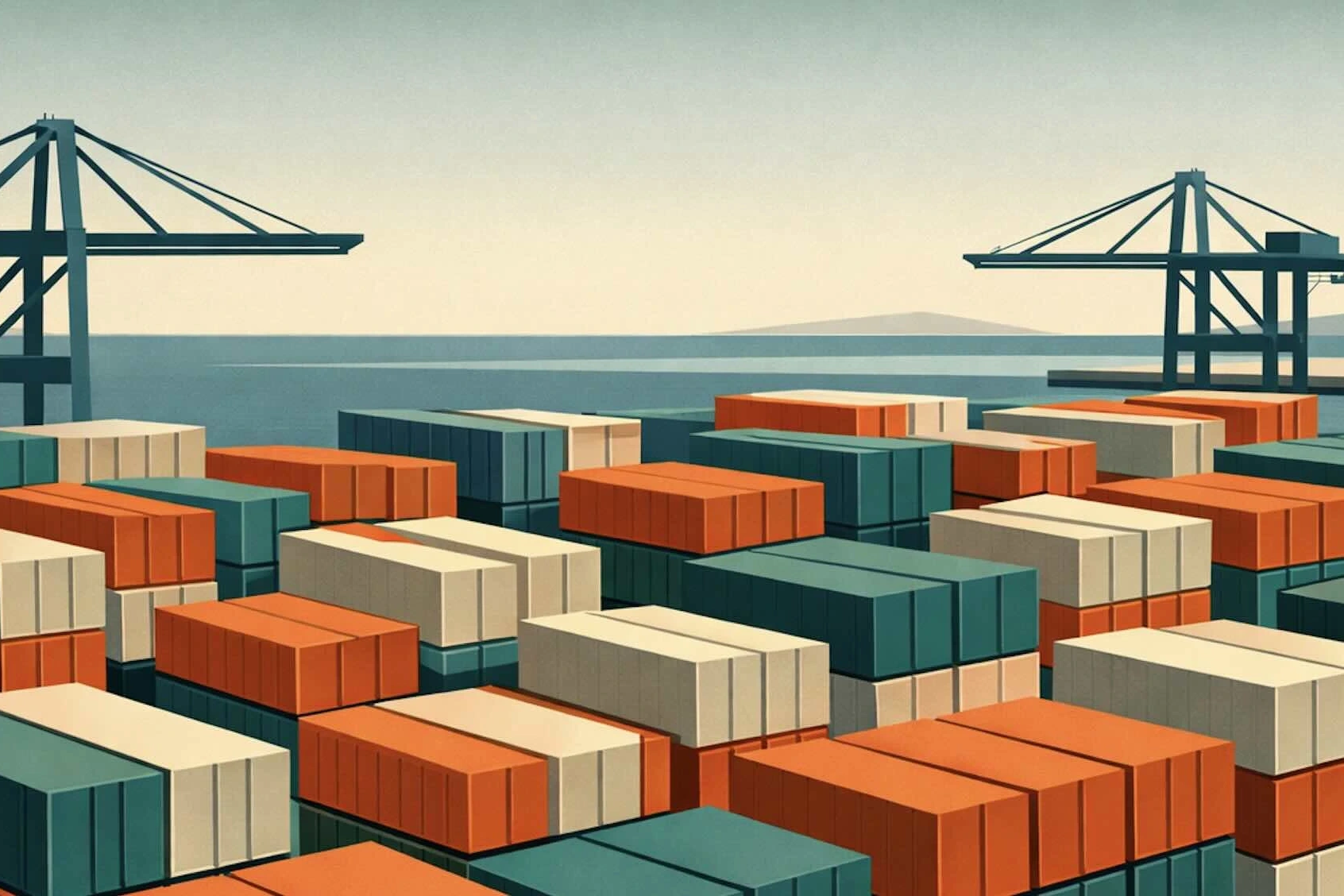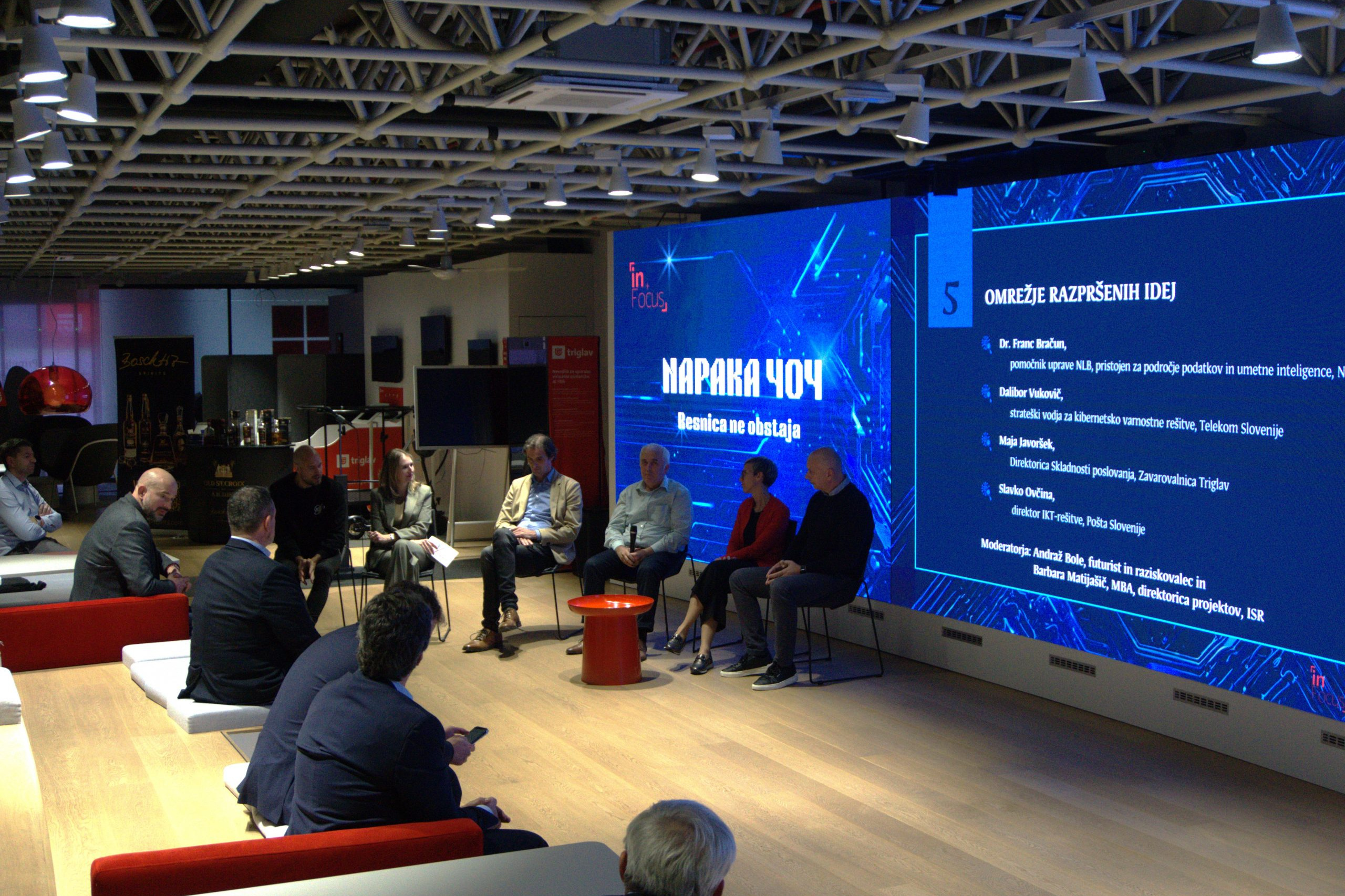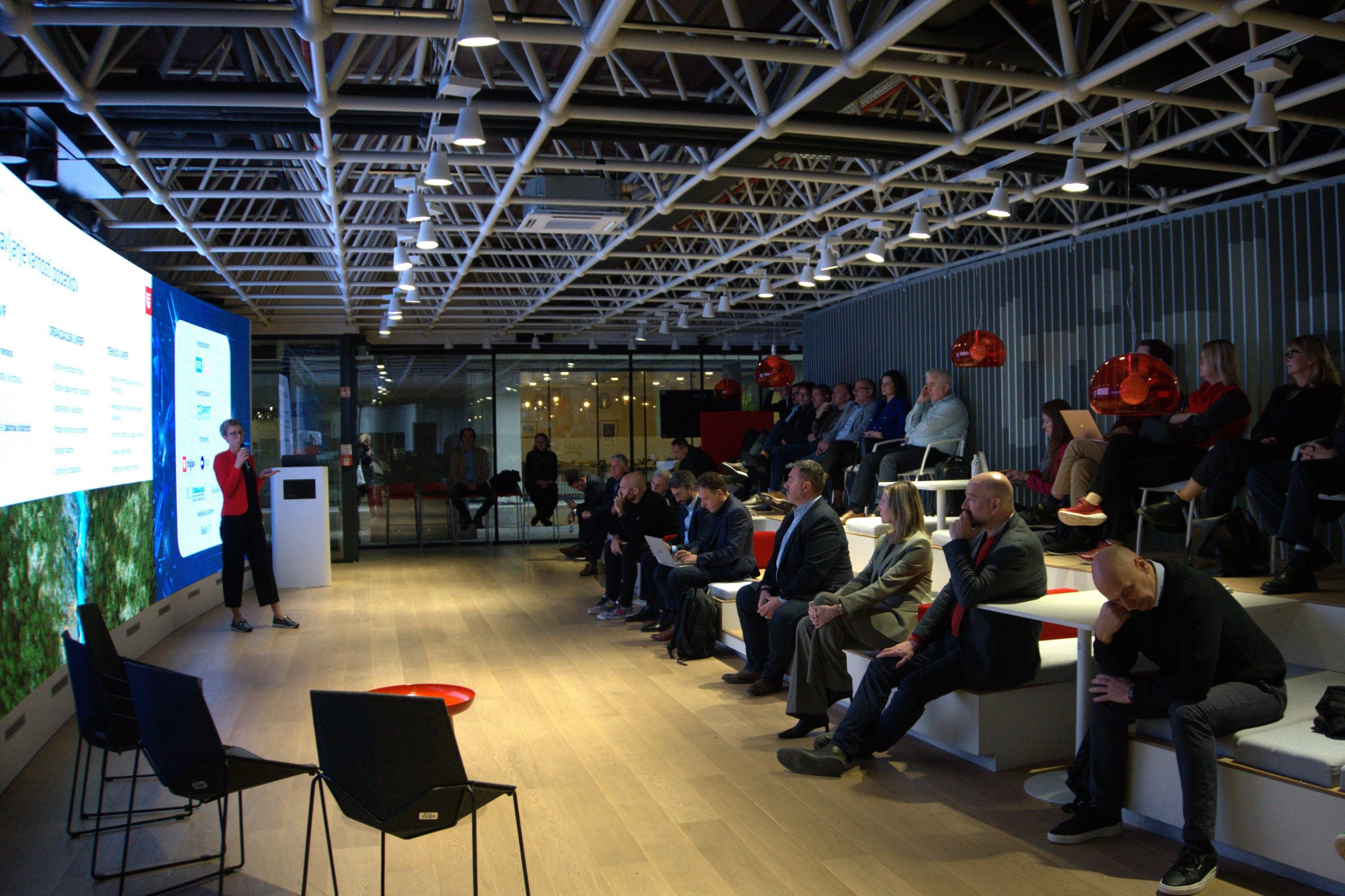At the top of their game
In considering Croatia’s emergence as a hotspot for the video games industry, one of the most revealing tales might be that of a man who does not actually exist.
Claire Read
Animated scientist Professor Baltazar became one of Croatia’s biggest exports in the 1960s and 1970s; his cartoon capers helping establish the country’s international reputation for animation in the process. In 2025, he’s coming to computers and games consoles. The Professor Baltazar video game, created by Zagreb-based independent studio Gamechuck, will allow gamers to directly assist the beloved scientist as he engineers solutions to problems.
The man shepherding the project is Aleksandar Gavrilović, Gamechuck’s managing director, who believes Croatia’s combined strength in art and science makes the country a natural home for video games.
“We have a whole tradition of great visual art and animation, and we also have a tradition of great engineering. When you combine these two things you get a very good audiovisual sector and especially in games, where engineering is a very important part.”
Figures from the Croatian Game Development Alliance – of which Gavrilović is general secretary – underscore how important video games have become to the country. Last year’s analysis found that more than 600 people were working full-time in the Croatian games industry, and that it was bringing in 56.6 million Euros of revenue.
Admittedly that revenue stat is some way down on pre-pandemic figures. As the new year begins there is optimism it may be about to climb back up, however. The reason? 2025 should be an opportunity to reap the rewards of direct investment by Croatia’s video games studios.
“Usually studios find publishers who fund the development of games, but there has been a worldwide shrinking of available investment in IT and in gaming,” explains Gavrilović.
In 2023 and 2024, a lot of Croatian studios have therefore invested their own funds to build new games. “This means that when they release all these games they will reap the benefits without having to share them with a publisher, which is actually good news in the long term,” says Gavrilović. “In 2025, we are going to see the fruits of all this labour, and hopefully it will be great.”
It is far from the only reason to be optimistic for the Croatian video games industry as the new year dawns. In Novska, a small town 100 kilometres southeast of Zagreb, work is underway on a new nine-hectare Centre for the Gaming Industry. The development cements Novska as the beating heart of Croatia’s games industry. It’s already home to a gaming incubator that has attracted 100 gaming studios since its creation in 2018.
It must be emphasised that those studios were not the first to emerge in Croatia. The internationally-successful Croteam, headquartered in Zagreb and now part of one of the world’s largest independent games publishers, was founded as far back as 1993.
But for Benjamin Noah Maričak, head of video games and new technologies at the Croatian Audiovisual Centre (HAVC), 2018 represented a real turning point for the Croatian sector. The creation of the incubator was one reason for that. The other was a legal change; one which put video games on the same footing in Croatia as film and television.
“HAVC has been the government-backed agency for the audiovisual sector in Croatia since 2008 and we have many [funding] programmes. When the amendment to the law happened in 2018, we implemented video games within our programmes as well,” explains Maričak.
Since 2021, there has been a yearly round of public funding for the development and production of video games. In the first three years alone, 45 games have been supported.
With a background in film and TV, Maričak is particularly excited about opportunities for “transmedia” projects (not least Professor Baltazar’s forthcoming outing; it is one of the projects funded by HVAC).
“[HVAC chief executive] Chris Marcich and I think video games shouldn’t be looked at separately. It’s not: video games will kill film,” he stresses.
On the contrary, perhaps. 2025 will see the release of the first Croatian feature to be filmed in a virtual production studio, the latest film from well-known auteur Antonio Nuić.
“It’s interesting and cool how an indie film auteur has picked up on, hey, we can collaborate with the gaming industry. And the gaming industry also has seen this [collaboration opportunity], especially from the story and narrative side.”
It is just part of what Maričak describes as “a symbiosis” that makes Croatia a natural place for the video games industry.
“The industry stands both on the shoulders of Croatia’s cultural creative industry and its IT and tech industry,” he concludes. “It’s such a place of creative and entrepreneurial possibilities.”


